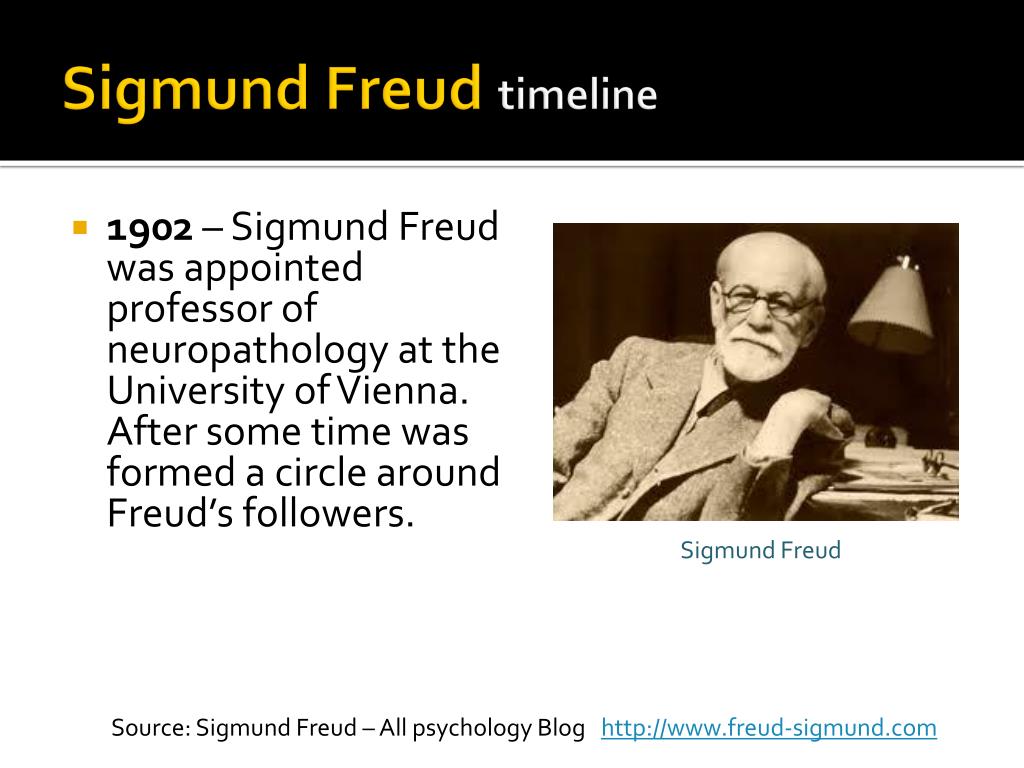

Upon completing his degree, he obtained a position as lecturer in neuropathology at the University of Vienna and set up a private medical practice in an office adjoining his home. In 1873, Freud enrolled in the University of Vienna to study medicine. The family moved to Leipzig in 1859 and to Vienna a year later where Freud remained until a year before his death. When Sigmund was born, his father was forty and his mother only twenty. His father, Jacob, was a wool merchant, and his mother, Amalie Nathansohn, was Jacob's second wife. Sigismund Solomon Freud was born into a Jewish family in Freiberg, Moravia, on May 6, 1856.


The Interpretation of Dreams presents Freud's early theories in regard to the nature of the unconscious dream psychology, the significance of childhood experiences, the psychic process of "censorship," the "hieroglyphic" language of dreams, and the method he called "psychoanalysis." Author Biography Freud proposes that the ultimate value of dream analysis may be in revealing the hidden workings of the unconscious mind. The "dream work" is the process by which the mind condenses, distorts, and translates "dream thoughts" into dream content. Freud explains that the process of "censorship" in dreams causes a "distortion" of the dream content thus, what appears to be trivial nonsense in a dream, can, through the process of analysis, be shown to express a coherent set of ideas. He posits that all dreams represent the fulfillment of a wish on the part of the dreamer and maintains that even anxiety dreams and nightmares are expressions of unconscious desires. Freud makes a distinction between the "manifest," or surface-level, dream content and the "latent," or unconscious, "dream thoughts" expressed through the special "language" of dreams. Throughout The Interpretation of Dreams, Freud analyzes his own dreams as examples to prove his new theory of the psychology of dreams. Although Freudian theory, since its inception, has been relentlessly attacked from all sides, critics and proponents alike agree that Freud's ideas have exerted a profound influence on twentieth-century thought and culture. Sigmund Freud (1856-1939) is universally considered the "father" of psychoanalysis, and many date the birth of psychoanalytic theory from the 1899 publication of The Interpretation of Dreams (copyright 1900).


 0 kommentar(er)
0 kommentar(er)
